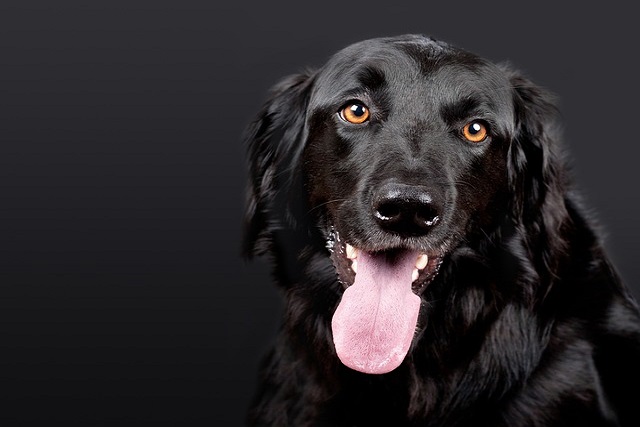
How can I tell if my dog's heatstroke is serious
Let’s be real: It’s a sticky August morning in Los Angeles, and you took your 2-year-old Golden Retriever, Max, for a walk a little later than usual
If you’ve ever watched your dog rush to the door for the third time in an hour, tail tucked and looking uncomfortable, you know the stress of dealing with diarrhea. New dog owners often panic about what to feed them—should you stick with their usual dry food, or switch to something else? Take my friend’s story: Her 2-year-old border collie, Rio, came down with diarrhea after eating a handful of table scraps, and she spent hours debating whether to keep giving his regular kibble. The answer depends on the severity of the issue, but dry food can work for mild cases—with a few adjustments.
Diarrhea happens when the intestines move food too quickly, making it hard to absorb water. For mild cases—like Rio’s, where he was still energetic and eating—dry food isn’t off-limits. In fact, sudden diet changes can worsen diarrhea, as a dog’s digestive system prefers consistency. But not all dry foods are equal: look for options labeled “sensitive stomach” or “digestive care,” which often have added fiber (like pumpkin or rice) to firm stools. Avoid dry foods with high fat, artificial additives, or lots of protein, which can irritate an already upset gut. Think of it like eating plain toast when you have a stomach bug—gentle, familiar, and easy to digest.

If you stick with dry food, try these tweaks. Soak the kibble in warm water for 5-10 minutes to soften it—this eases digestion, especially for small breeds or seniors. Feed smaller portions more frequently (3-4 small meals instead of 2 large ones) to avoid overwhelming their stomach. My neighbor does this for her Shih Tzu, Momo, whenever she has loose stools, and it helps firm things up within a day or two. Watch for signs that dry food isn’t working: if diarrhea lasts more than 48 hours, or if your dog is lethargic, vomiting, or refusing food, stop and call the vet—these could signal something serious, like an infection. Never scold a dog for accidents; offer calm reassurance and a treat when they make it outside, using positive reinforcement to keep their spirits up.
Caring for a dog with diarrhea ties into responsible pet habits. Keep their rabies vaccine current—all U.S. states require it, and a healthy diet supports their immune system. When out walking, carry extra poop bags—diarrhea means more mess, and proper cleanup shows respect for community spaces (fines for littering hit $150 in many cities). In apartments, clean accidents quickly with enzymatic cleaners to avoid odors and keep neighbors happy. Avoid feeding table scraps, which are a common cause of diarrhea—sticking to their regular dry food (or vet-recommended diet) is safer. With the right dry food and gentle care, most dogs bounce back from mild diarrhea in no time.

Let’s be real: It’s a sticky August morning in Los Angeles, and you took your 2-year-old Golden Retriever, Max, for a walk a little later than usual

You're enjoying a summer afternoon at the park when you notice your dog has stopped panting and appears disoriented - their gums are bright red

Let’s paint the picture: You’re in your Denver apartment, watching your 4-year-old Boston Terrier, Ruby, plop down mid-play session with her favorite toy

Many dog owners notice their pets nails seem shorter after regular walks,but how much does this daily activity actually help?The answer depends on where you walk—concrete sidewalks or asphalt streets gently file nails as a dog's paws hit the ground

Most dog owners notice their pup scooting across the carpet at some point, but few connect it to impacted anal glands. These small sacs near a dog’s rectum secrete a scent for marking territory

Most vets agree that regular dog teeth cleaning is key to avoiding painful dental issues later. For healthy adult dogs, a professional cleaning at the vet’s office every 12 to 18 months usually works well.